Birth of Admiral Chester Nimitz
Chester William Nimitz was born on February 24, 1885, in Fredericksburg, Texas. He was a leading naval commander during World War II and an authority on submarines.
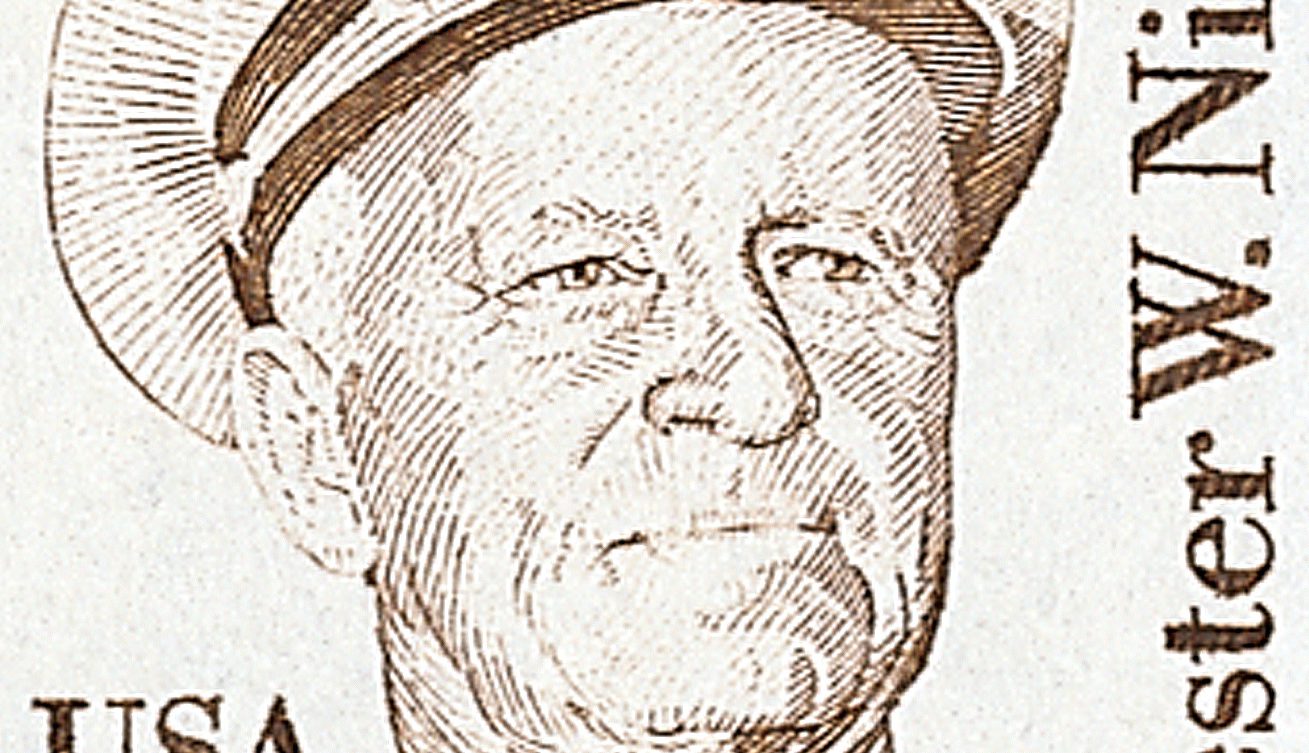
Chester William Nimitz was born on February 24, 1885, in Fredericksburg, Texas. He was a leading naval commander during World War II and an authority on submarines.
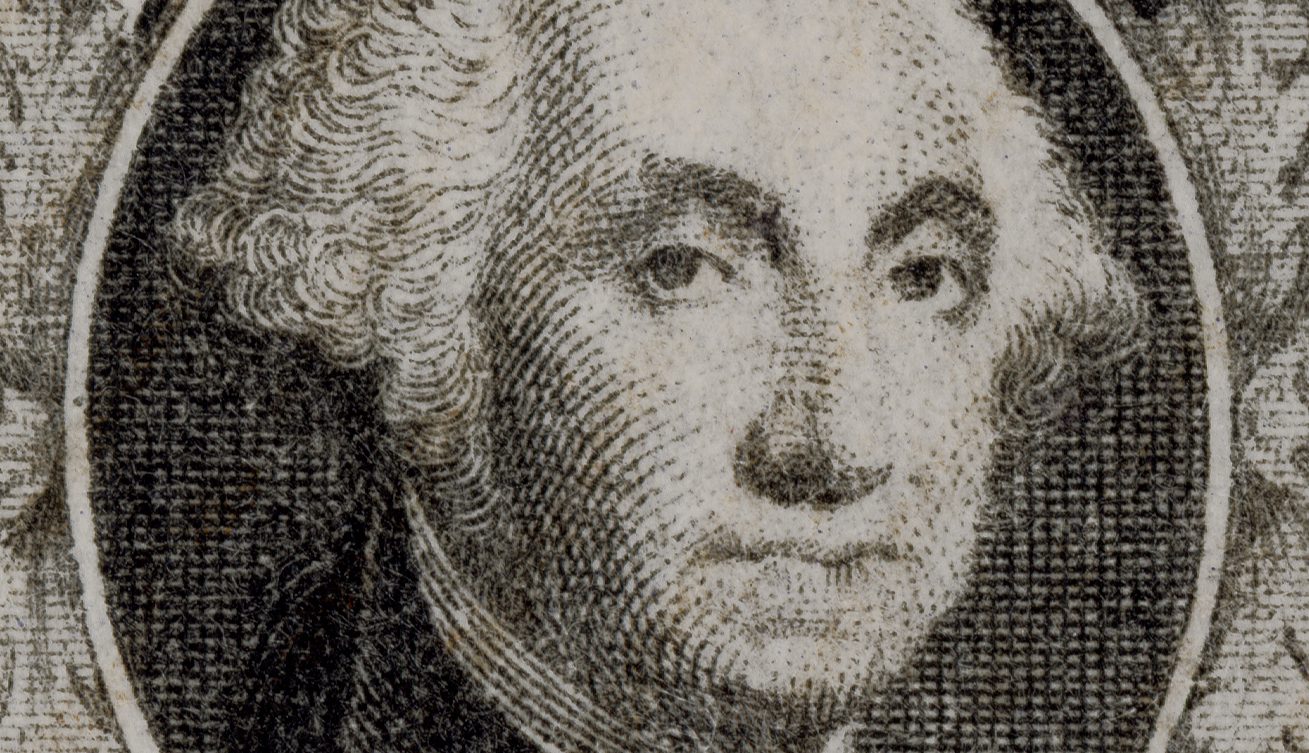
Our first president, George Washington, was born on February 22, 1732, in Westmoreland County, Virginia Colony. Since America’s first postage stamps were issued in 1847, he’s appeared on more than 300 US stamps – more than any other individual!
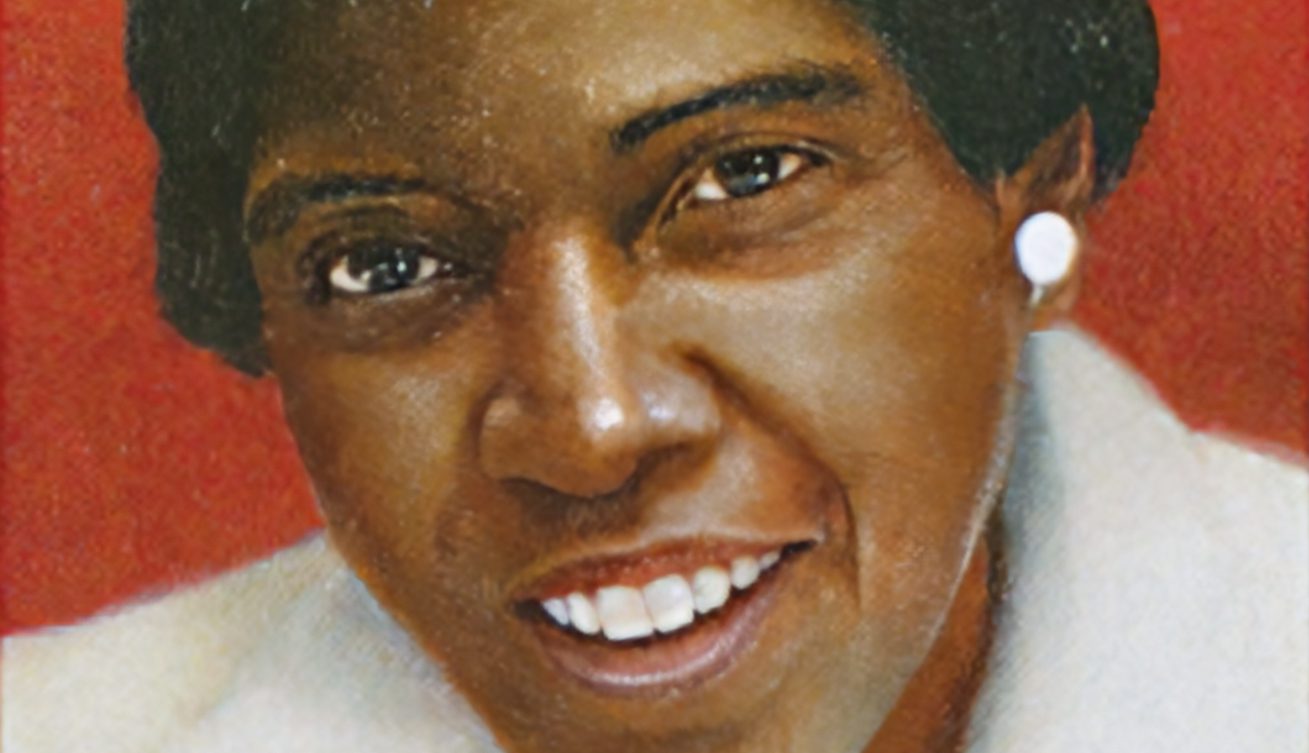
Barbara Charline Jordan was born on February 21, 1936, in Houston, Texas. She was the first African-American woman elected to the Texas Legislature and the first African American woman from a southern state to serve in the US Congress.
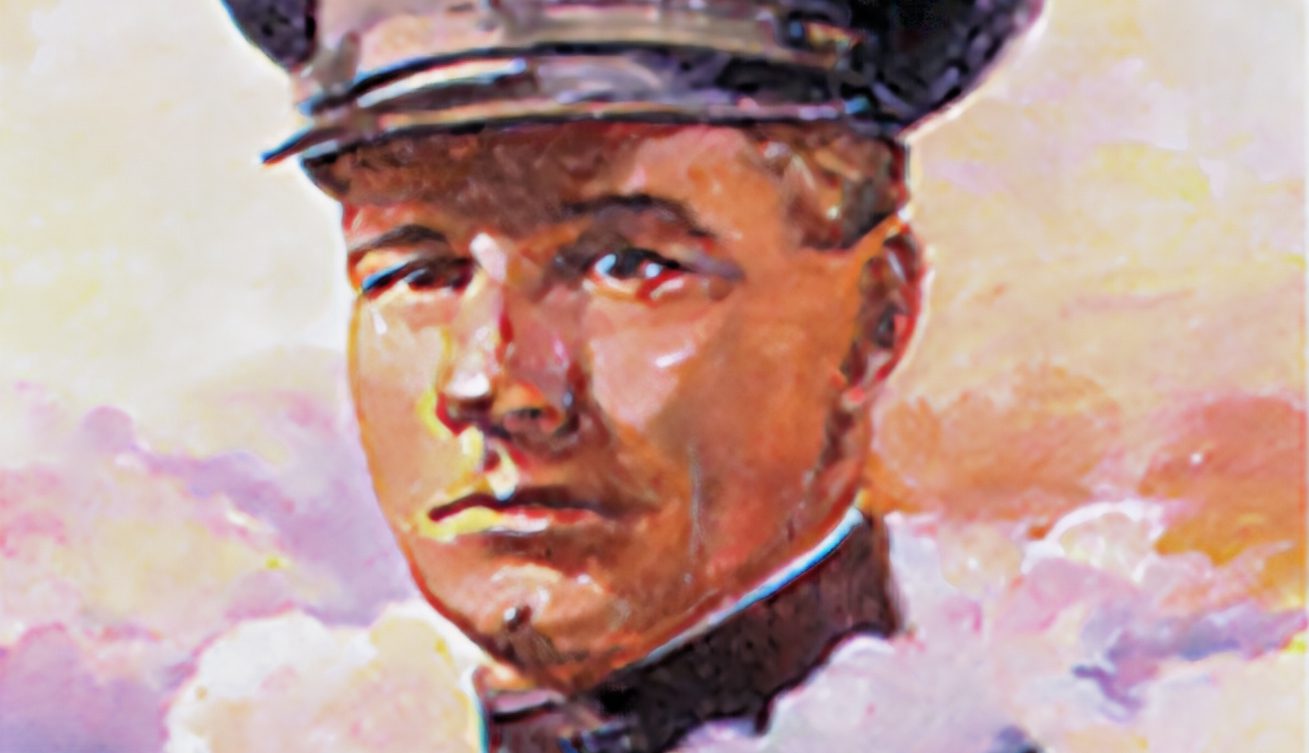
On February 19, 1936, Billy Mitchell died in New York City. He’s often considered the father of the United States Air Force, having dedicated much of his career promoting air power in warfare.

Louis Comfort Tiffany was born on February 18, 1848, in New York City, New York.
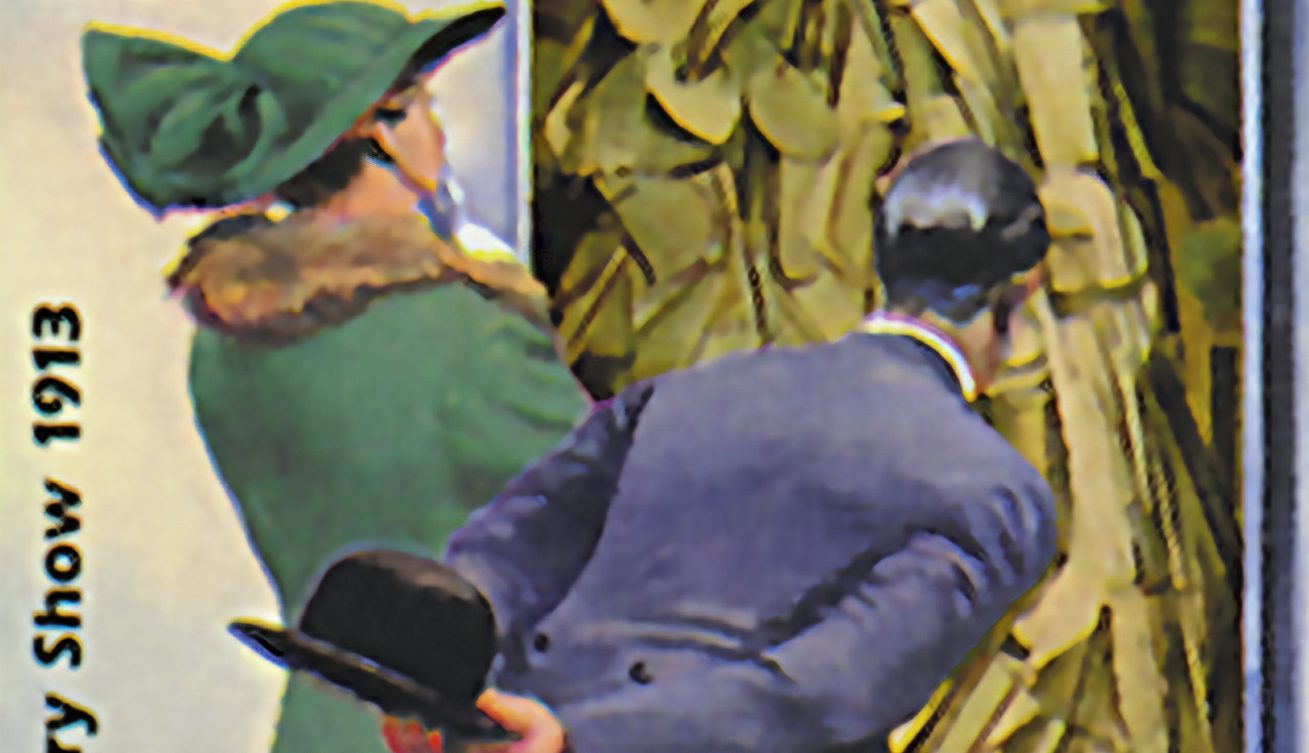
On February 17, 1913, the Armory Show opened at the 69th Regimental Armory in New York City, giving many in the public their first exposure to Modern Art.
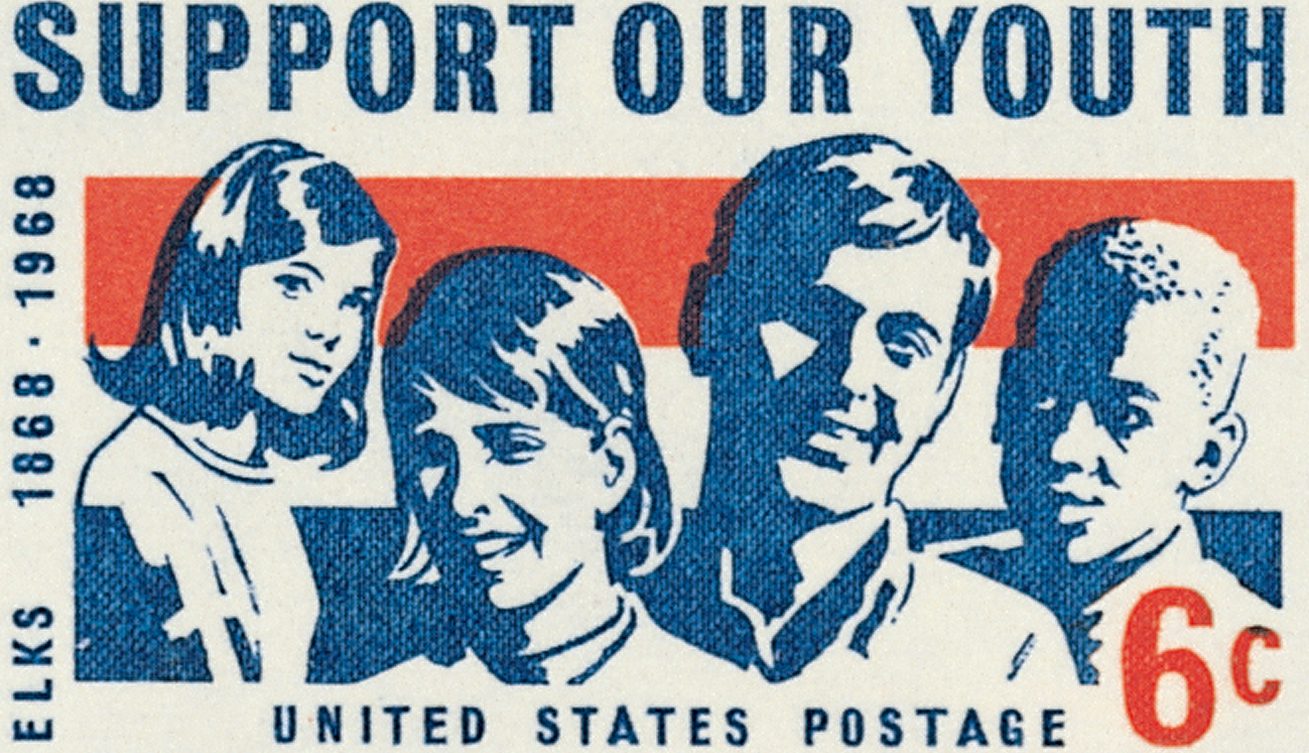
On February 16, 1868, the Benevolent and Protective Order of Elks (BPOE) was founded in New York City. One of the oldest fraternal organizations in the US, they provide aid to America’s youth, veterans, the disadvantaged, and handicapped.

While the exact date of abolitionist Frederick Douglass’s birth is unknown, it’s generally considered to be February 14, 1818. Douglass was an abolitionist and suffragist, one of the leading civil rights leaders of the 19th century.
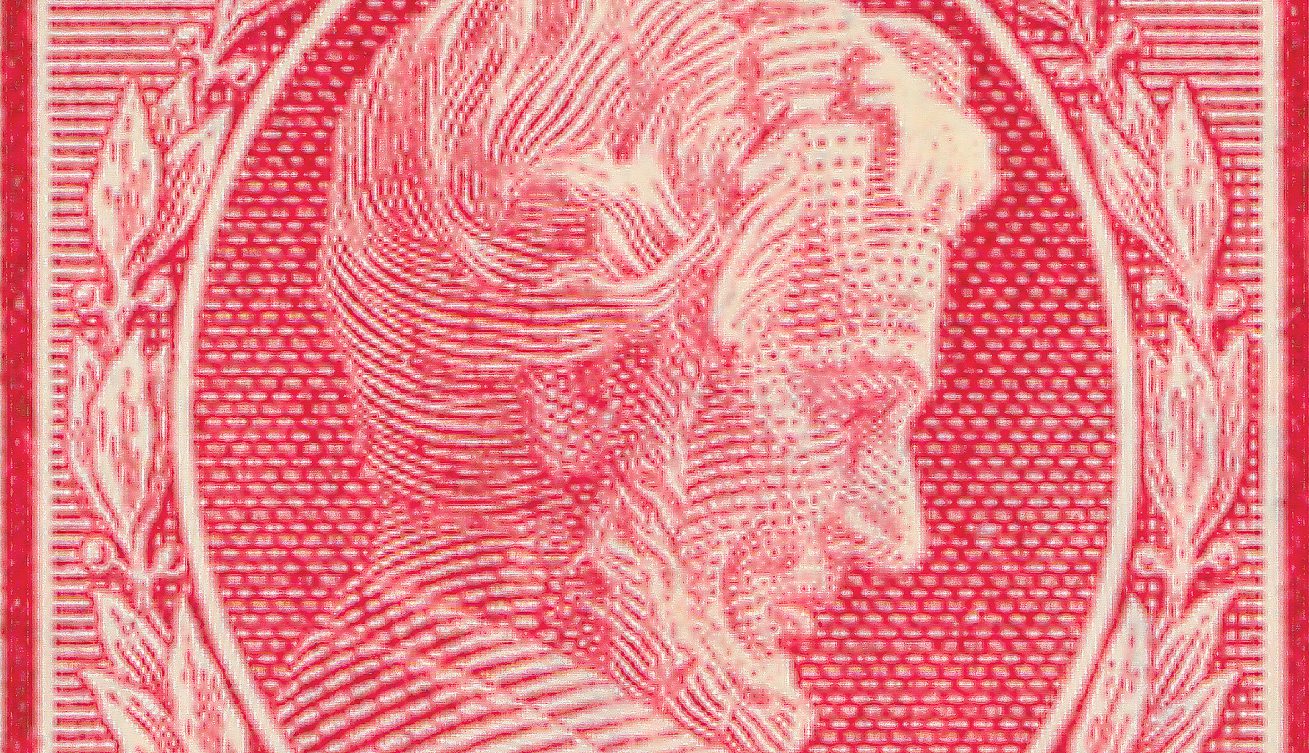
On February 12, 1909, the US Post Office issued a set of stamps commemorating the 100th anniversary of Abraham Lincoln’s birth. These were America’s first definitive-sized commemoratives.